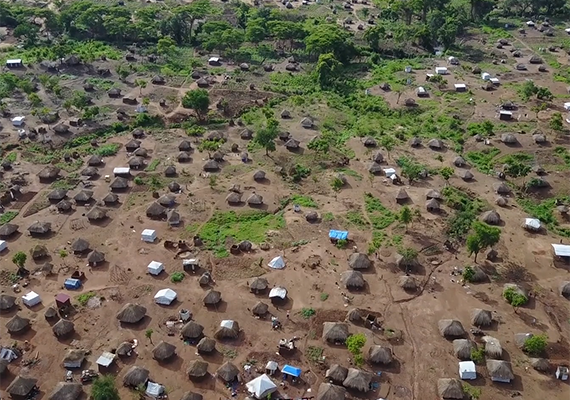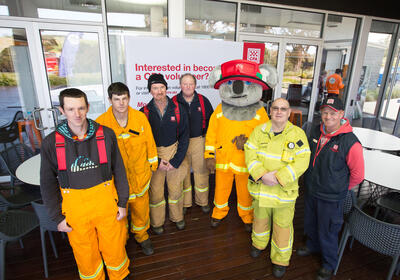
Can universal income build resilience?
Dr Pallavi Shukla is analysing data on India’s universal basic income program for farm households to study its role in building resilience and its impact on demand for risk mitigation tools such as insurance.
Our goal is to help individuals, businesses and government recover from natural and human-induced disasters. Through research on the economic and social impacts of disasters, we develop evidence-based strategies to help communities respond effectively.
We work in close partnership with government and industry to deliver independent, academically rigorous and impactful research to facilitate emerging policy debates.
We investigate the economic and social impacts of various types of disasters on key sectors such as agriculture, energy, mining, manufacturing and the environment. This includes analysis of the effects on Australia’s global economic competitiveness.
Through economic analysis of disaster response policy, our research looks at ways to alleviate individual and business vulnerabilities to disasters. Key to this is supporting firms in achieving resilience through business agility.
A research degree at Deakin Business School is an opportunity address some of society’s most important questions.

Natural disasters are a major disruptive force in Australia, and we're working to improve our ability to mitigate the social and economic damage they cause. Is your organisation seeking to develop its resilience?
Our members have a strong track record of collaboration across disciplines to create a comprehensive understanding of disaster impacts. Their expertise includes economic resilience and recovery, health economics, international trade, environmental sustainability and consumer behaviour.
Professor Mehmet Ulubasoglu is a Professor of Economics at Deakin University. An expert in economic development and natural disasters, he has undertaken research projects with government and community organisations nationally and internationally, including the Australian Red Cross and the Asian Disaster Preparedness Centre.
Dr Pallavi Shukla is an expert in development, agricultural, and behavioural economics. Pallavi’s research explores the overlapping fields of poverty and environment. and the challenges of sustainable economic development. She has investigated the effectiveness of universal basic income in boosting disaster resilience.
Hemant Pullabhotla, Economics
Nejat Anbarci, Economics (Professorial Fellow)
Ahmed Mushfiq Mobarak, Economics (Professorial Fellow)
Shuddha Rafiq, Economics
Cong Pham, Economics
Debdulal Mallick, Economics
Prasad Bhattacharya, Economics
Umair Khalil, Economics
Daniel Avdic, Economics
Ameeta Jain, Finance
Lan Tong, Economics (research fellow)
We are recognised as a leader in innovative research that translates into real-world applications.

Dr Pallavi Shukla is analysing data on India’s universal basic income program for farm households to study its role in building resilience and its impact on demand for risk mitigation tools such as insurance.

Led by Dr Hemant Pullabhotla, this project is exploring the impacts disasters have on population health, specifically investigating the long-term effects of bushfire smoke on the health of Australians.
We collaborate with industry and government partners such as:
Stay in touch with us to hear about partnership opportunities, working with us, research news, and much more.